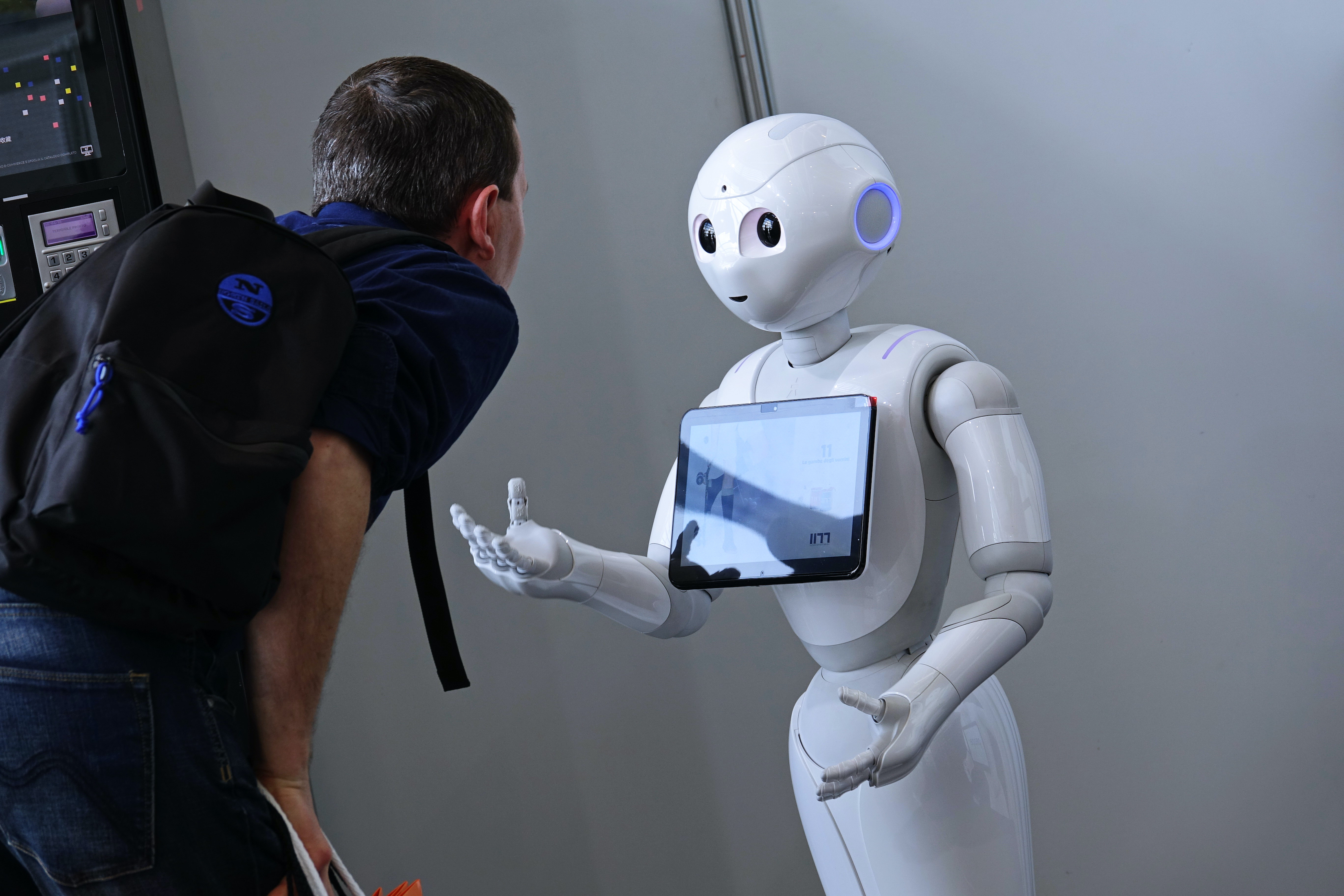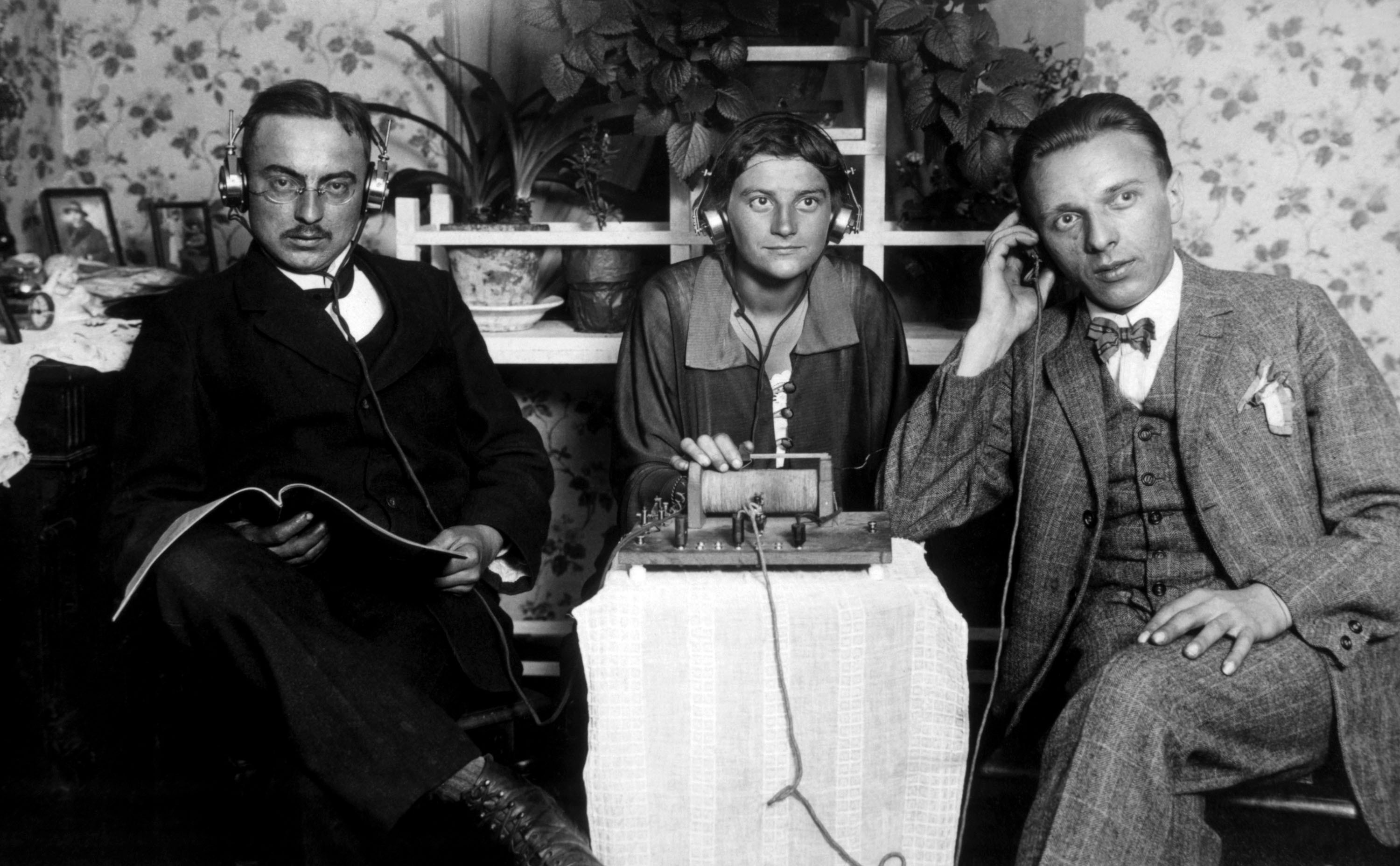We're told all the time that technology is the great driver of social change. However, if technology is innovation, it can't be such a great driver. That’s because innovation just means first use and first use isn't going to change the nature of the world.
So that doesn't work.
The question might then be: does the technology that we use change the world we live in? Then we’d have to understand the whole range of technologies that we use. The answer to the question ‘Does technology drive change?’ is that we don’t know. We don’t know what technologies are out there or how important they are. We have a much better idea of the nature of society and our world community than we do of the material elements of our world. Therefore, if we were to ask ourselves whether it’s technology or our society that shapes the world, we couldn’t come up with a satisfactory answer.


